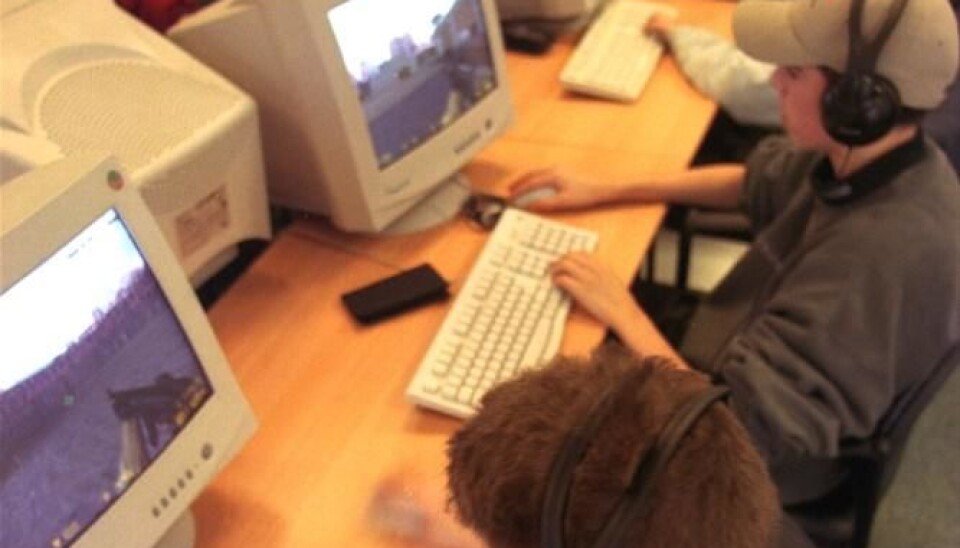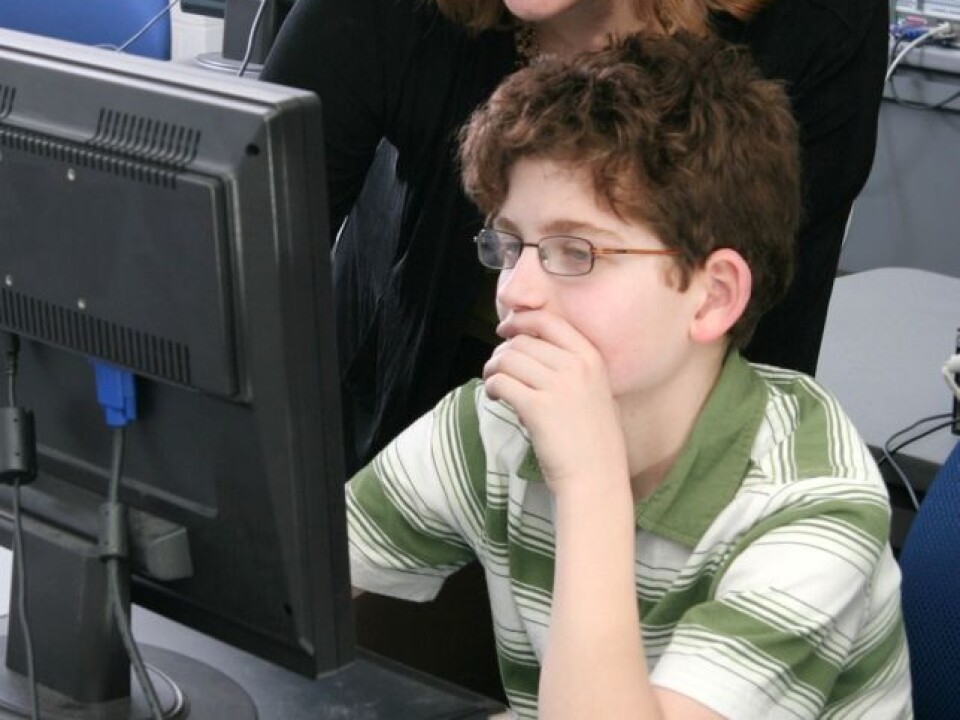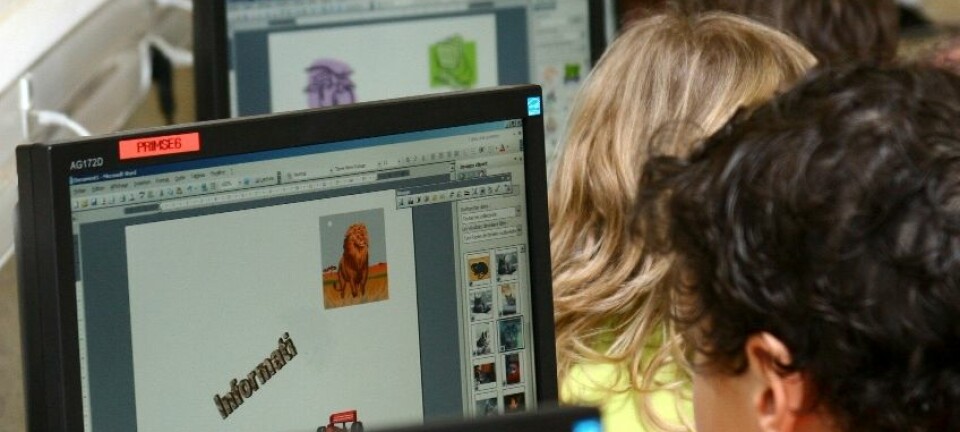
Computer games can improve teaching in schools
Computer games add challenges and a competitive element to school teaching and that can improve the learning experience for the pupils, provided that the teachers join in the fun.
Many parents and teachers were worried when children started playing video games. Would the endless hours of gaming take their attention away from their homework?
But computer games at school and in children’s spare time is actually a good way of supplementing the conventional teaching. This became clear to Birgitte Holm Sørensen and her research colleagues when they recently interviewed a number of Danish schoolchildren, aged 12-14.
”Some of the pupils said: ’If only our English teacher knew how much we speak English in our spare time’. These children played computer games every day, games which required English language skills because that’s the language that was spoken in the games,” says Sørensen, who is a professor at Aalborg University’s Department of Education, Learning and Philosophy.
She heads the ‘Serious Games in a Global Marketplace’ research project, which is funded by the Danish Council for Strategic Research.
Schools should acknowledge computer games

But even though the games may improve the children’s English language skills, this potential often overlooked in schools.
”The children looked at us in open-mouthed surprise when we asked them whether the games had improved their English language skills. They said they didn’t get very good grades in their English courses because there they didn’t really make themselves noticed,” she says.
“It was the computer games that mattered to them because here English was a means of coping rather than an end in itself as it is at school. In the classroom they never bothered to look up words, but when they came across new words in the games, they simply couldn’t progress if they didn’t understand what was being said.”
The researcher believes there is a great educational potential in computer games, provided that schools get better at recognising the skills that the pupils have attained outside of the school environment, and get better at putting those skills into active use at school.
Computer games in language learning
In traditional Nordic pedagogy, teachers try to avoid this competitive element for fear of exposing some of the vulnerable kids. But it turns out that the kids really like the competition and the challenge in the games.
”We can look into how the pupils can improve their ability to structure sentences and their ability to grasp the subtleties of the language they’re using in the games. We have found that if we base our language teaching on this interest, there may be a lot to gain academically.”
Playing computer games in their spare time also increased the children’s awareness of the practical value of the formal teaching they received in the classroom.
The research project has mainly focused on so-called serious games, which differ in general from the so-called ‘play and learn’ games in that they do not necessarily seek to entertain the children. The primary purpose of the serious games is learning, and these games are often research-based.
According to Sørensen, the serious computer games can act as a highly efficient engine in the teaching because the games add an element of competition and challenge.
”In traditional Nordic pedagogy, teachers try to avoid this competitive element for fear of exposing some of the vulnerable kids. But it turns out that the kids really like the competition and the challenge in the games.”
The teacher needs to join in
The researcher believes that the greatest obstacle to introducing computer games into schools is that many teachers find it hard to relate to the games.
”The use of computer games in teaching is still a novelty, and many teachers do not play computer games in their spare time. That’s why it takes them a while to figure out what the games can be used for, and how much the kids actually learn from playing them.”
The teachers often believe that the children don’t need any supervision when they’re working with the computer games, but that’s a big misunderstanding, says Sørensen.
The problems arise because the teachers don’t involve themselves enough in the games. They make little or no effort to ensure that the pupils actually learn anything from playing the games and they don’t go into detail like they would in traditional teaching.
But it’s not only the teachers who are responsible. Game developers rarely consider the teacher’s perspective when designing the games.
One of the games the researchers have studied is Global Conflicts, in which pupils learn about the Middle East conflict by playing the role of journalists reporting from the region.
“Here, the teacher could easily have been given a role in the game as an editor who could send texts back to the pupils and ask them to make improvements,” says Sørensen.
“But instead the teacher comes in at the end and sees the finished product, and that’s where the teachers are left thinking that the pupils did not get much out of the game academically.”
-------------------------------
Read the Danish version of this article at videnskab.dk
Translated by: Dann Vinther







